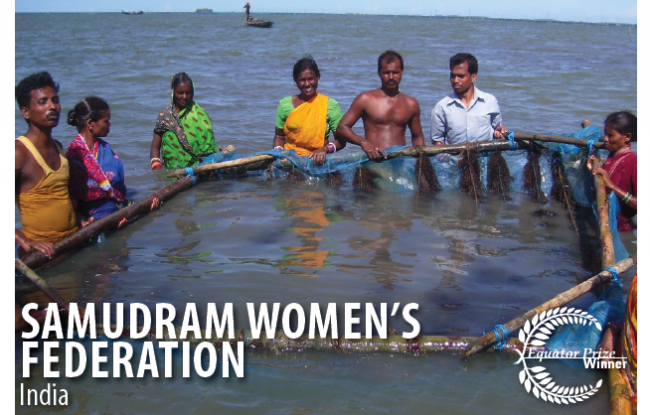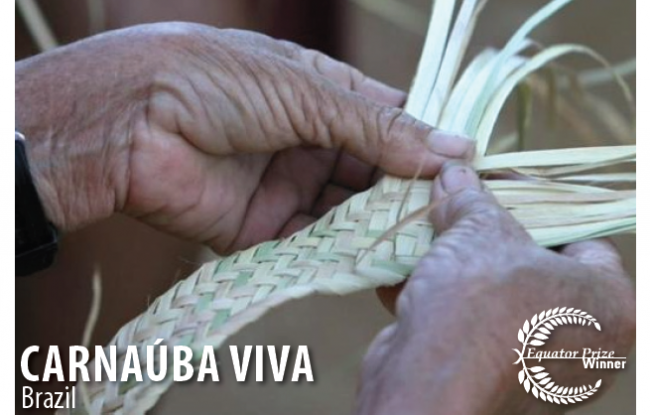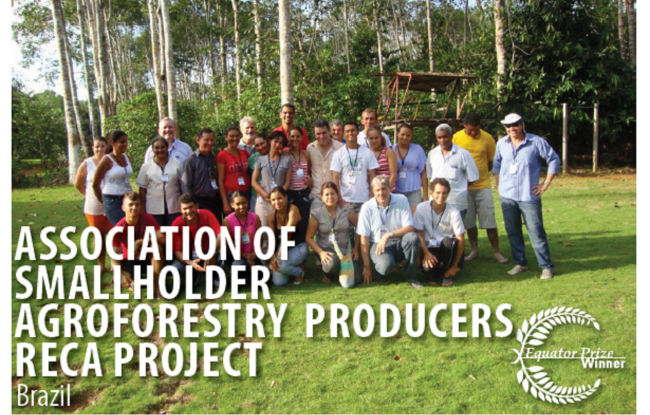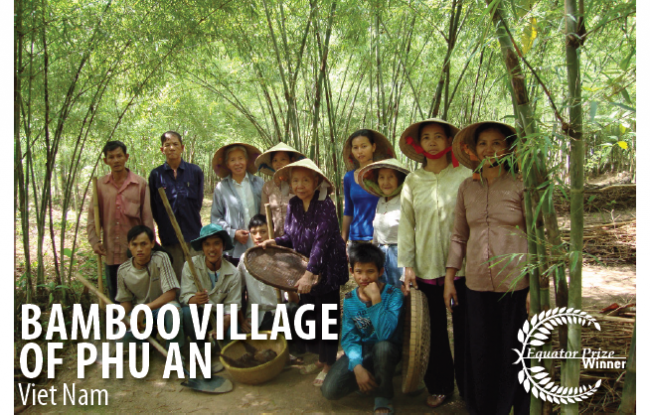Securing women’s access to land : linking research and action
The animosity created during land contestations makes it impossible for widows, wives and mothers to peacefully settle land claims and use their land. The research evidence provides a platform to advocate for a transformative agenda to improve rural poor women’s access to and control over land and other natural resources. This includes building linkages with the wider advocacy relationships and programmes of International Land Coalition (ILC - www.landcoalition.org).










